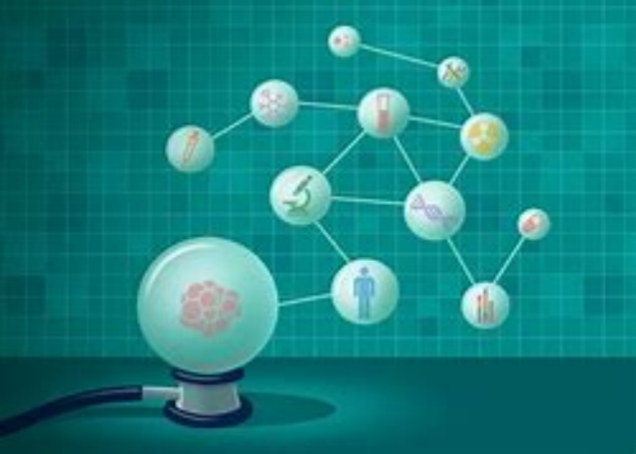Beyond Ancestry: Do Consumer DNA Tests Aid Health?
Wealthy people who focus on staying healthy can now use DNA tests to learn more than just where their family came from; these tests can help them manage their health in a personal way. Apart from finding ancestors, there are more and more DNA tests that say they can tell you about the chance of getting sick, how your body uses food, and how long you might live. But are these tests really useful for people who want to take care of their health? To know, you need to understand the complicated science and how it can help you make better choices for your health.
Beyond Risk Scores: Actionable Biomarker Insights
Contemporary DNA testing for consumers has progressed from merely assessing disease risks to detailed analyses of biomarkers that focus on individual biology. Advanced kits now investigate specific genetic variants that affect nutrient processing, like the MTHFR genes related to folate usage or APOE variants that play a role in managing cholesterol levels. This goes beyond standard guidelines, allowing for customized nutrition strategies: a person genetically prone to low iron absorption may receive specific advice on pairing it with vitamin C, while individuals sensitive to caffeine can adjust their consumption timing to enhance energy without causing jitters. For high-achieving professionals, these revelations remove the guesswork from diet and supplements, transforming genetic information into accurate wellness plans.

Personalized Prevention: The Epigenetic Connection
Current consumer DNA products connect genetics with lifestyle by exploring epigenetic relationships, which look at how environmental factors, stress, and daily habits affect our genes. These sophisticated tests analyze users' genetic traits alongside their self-reported information about sleep, exercise, and diet, helping to identify adjustable elements that impact how genes function. For instance, if someone has a genetic risk for inflammation, the report may suggest anti-inflammatory foods that can help reduce that risk. Similarly, if a genetic variant is associated with poor sleep, personalized tips for better sleep hygiene might be included. This proactive approach turns fixed genetic information into a valuable tool, allowing individuals to take an active role in their health and not just accept the risks linked to their genes.
Accuracy and Interpretation: The Luxury of Expert Curation
What sets premium consumer DNA tests apart from lower-cost options is their thorough analysis of results. Higher-end kits examine a larger number of genes—over 500,000 genetic markers—while basic kits typically look at around 600,000. Additionally, premium tests compare findings against trusted medical databases that are peer-reviewed. A key feature of these services is the involvement of certified genetic counselors who provide personalized insights, rather than just automatic reports. These professionals help interpret the results in the context of an individual’s health history, family genetics, and lifestyle, reducing the worry that comes from confusing "risk alleles." For example, a genetic variant linked to a higher risk of breast cancer would be presented along with specific screening suggestions based on the user's age and family history, turning basic data into a useful action plan.

Privacy and Longevity: Investing in Secure Insights
For consumers who value quality, high-end DNA testing services focus on keeping data safe with blockchain encryption and providing lasting benefits through lifetime updates that improve results as science evolves. This approach turns initial testing into a valuable resource for wellness. Carefully selected, these tests go beyond being just a trend, offering a scientific basis for making tailored choices in areas like diet and health prevention, transforming genetic information into a precise guide for a healthier, longer life.

(Writer:Lany)

